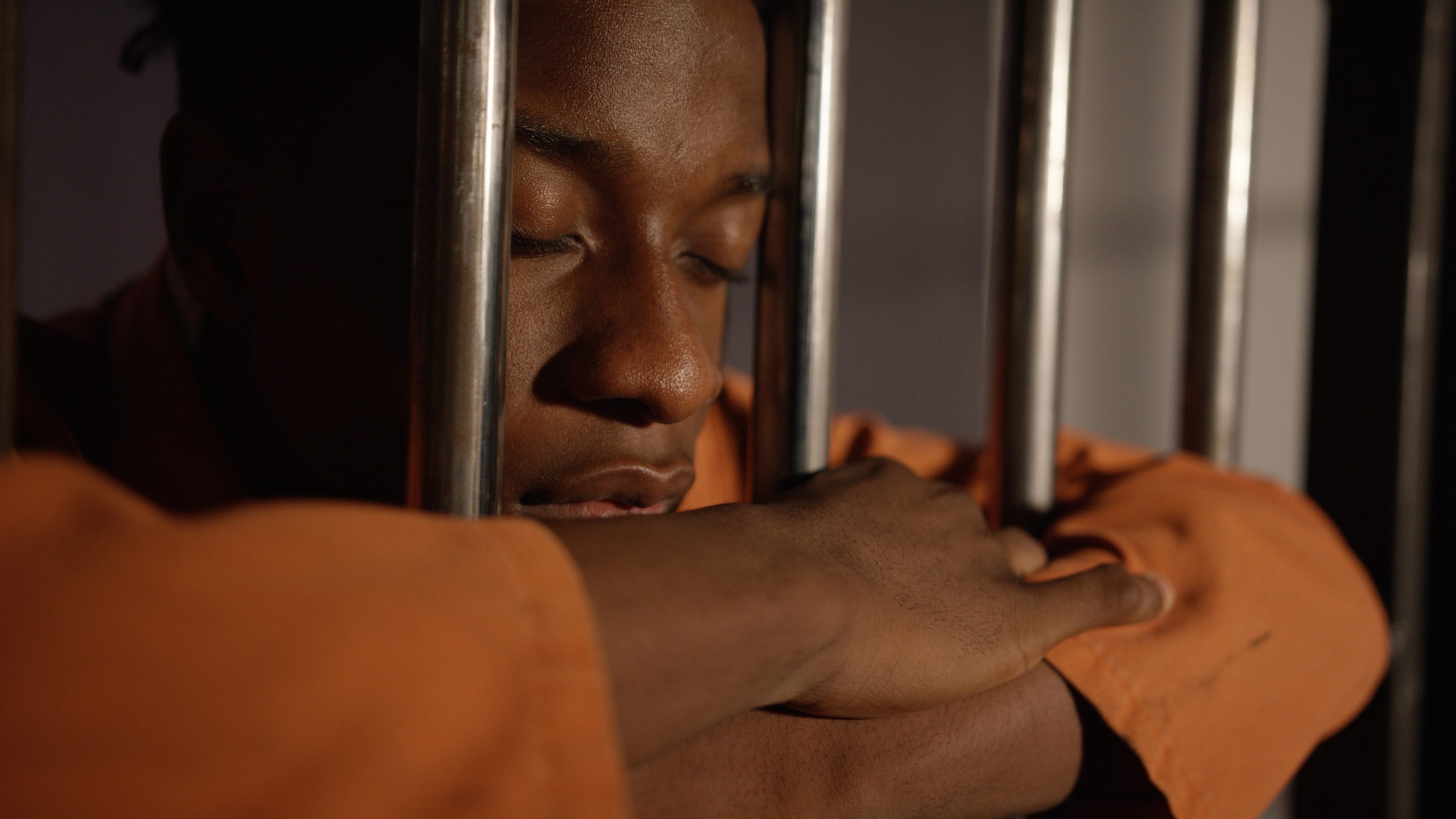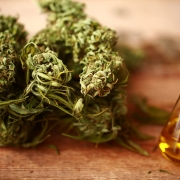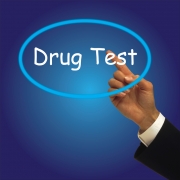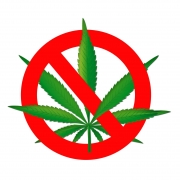
As a Florida cannabis attorney who has worked on social equity applications in other states, I have seen the good and the bad of social equity programs and am hopeful that Florida can learn from the mistakes and the successes of other states. Florida currently has four provisions that arguably provide for social equity in the marijuana industry: (1) reserving one of the ten licenses that were supposed to be available in 2017 for a black farmer that was a class member of Pigford v. Glickman 185 F.R.D 82 (D.D.C. 1999); (2) requiring applicants to have strong diversity plans; (3) requiring applicants’ management, ownership, and employment to reflect an involvement of minorities and veterans (a similar provision is included in SB210, a bill recently proposed by Senator Thurston); and (4) allocating $10 of the identification card fee to the Division of Research at Florida Agricultural and Mechanical University for the purpose of educating minorities about marijuana for medical use and the impact of the unlawful use of marijuana on minority communities. While each of these provisions are steps in the right direction, all of these provisions (individually and collectively) fall far short of fulfilling any social equity purpose.
DEFINING THE PURPOSE OF A SOCIAL EQUITY PROGRAM
In order for any program to be successful, it is important to first define what exactly the program sets out to achieve: the purpose or the goal. Rather than me providing my personal opinion (which I couldn’t help but to do at the end of this section), let’s look at what some other states provide as their purpose or goal:
- Illinois: In the interest of establishing a legal cannabis industry that is equitable and accessible to those most adversely impacted by the enforcement of drug-related laws in this State, including cannabis-related laws, the General Assembly finds and declares that a social equity program should be established. – Cannabis Regulation and Tax Act, H.B. 1438, § 7-1(b) (2019).
- Massachusetts: The commission shall, in accordance with chapter 30A, adopt regulations consistent with this chapter for the administration, clarification and enforcement of laws regulating and licensing marijuana establishments. The regulations shall include: procedures and policies to promote and encourage full participation in the regulated marijuana industry by people from communities that have previously been disproportionately harmed by marijuana prohibition and enforcement and to positively impact those communities – An Act to Ensure Safe Access to Marijuana, 2017 Mass. Acts. 55 § 26 (a 1/2)(iv).
- California: It is the intent of the Legislature in enacting this act to ensure that persons most harmed by cannabis criminalization and poverty be offered assistance to enter the multibillion dollar cannabis industry as entrepreneurs or as employees with high quality, well-paying jobs. Sen. Bill 1294 § 2(f) (Reg. Sess. 2017-2018) 2018 Cal. Stat. (aka California Cannabis Equity Act of 2018)
- California: It is the intent of the Legislature in enacting this act that the cannabis industry be representative of the state’s population, and that barriers to entering the industry are reduced through support to localities that have created local equity programs in their jurisdictions. Sen. Bill 1294 § 2(g) (Reg. Sess. 2017-2018) 2018 Cal. Stat. (aka California Cannabis Equity Act of 2018)
- Pennsylvania: It is the intent and goal of the General Assembly that the department promote diversity and the participation by diverse groups in the activities authorized under this act. – Medical Marijuana Act, 2016 Act 16§ 615(a)
- Michigan: The department shall promulgate rules to implement and administer this act pursuant to the administrative procedures…including: a plan to promote and encourage participation in the marihuana industry by people from communities that have been disproportionately impacted by marihuana prohibition and enforcement and to positively impact those communities. – (MCL 333.27958, 2018 IL 1) (aka Michigan Regulation and Taxation of Marihuana Act)
As seen above, the common theme for most Social Equity Programs is the goal of repairing the damage caused by prior cannabis criminalization that had long term, adverse effects on low income and minority communities. Unfortunately, Florida’s laws are devoid of any clearly stated purpose. As a result, we are left with spotty provisions that do not fulfil a broader, clearer purpose. For example, while the Pigford preference certainly rights-the-wrong of previous discrimination to one black farmer, it has nothing to do with helping those adversely impacted by cannabis criminalization and it is extremely underinclusive of the rest of the minority and veteran population.
My recommendation is that we add the following provision to our Florida Statutes: “Florida Statute Section 381.986 hereby establishes a Social Equity Program with a goal to achieve equity in ownership, management, employment, opportunity, and accessibility in the cannabis industry to minorities and others adversely impacted by the enforcement of drug-related laws in this State, as well as to veterans.” This type of clear and concise statement in the Florida Statutes would set a tone for equality and would breathe life into the substantive social equity provisions to follow.
ALLOCATING SPECIFIC POINTS FOR SPECIFIC CRITERIA
The Illinois Cannabis Regulation and Tax Act explicitly provides that an applicant receives 50 points out of the 250 available points for qualifying as a Social Equity Applicant, which is determined on a binary basis. In other words, a Social Equity Applicant automatically receives 20% of the available points simply for qualifying as a Social Equity Applicant. This means that it is practically impossible for an applicant to be awarded a license if such applicant is not a Social Equity Applicant. As a result, I predict that nearly every application submitted for an Illinois Conditional Adult Dispensary Organization License on January 2, 2020 will be a Social Equity Application, which will practically guarantee that some sort of social justice will be served.
In a way, the Pigford preference at least guarantees that there will be one minority applicant that wins a Florida license. But, as for the remaining Florida licenses and the remaining minorities, the requirements in Florida Statute Section 381.986 of a diversity plan and involvement of minorities and veterans are too general to ensure that minorities and veterans will have the opportunity to be owners, managers, and leaders of Florida marijuana businesses. Experienced cannabis-application-drafters will be able to draft applications satisfying such general criteria while knowing that the OMMU will likely have too few resources to actually enforce compliance to such criteria once a license is awarded.
Instead, Florida law should allocate specific points for achieving specific criteria. For example, Florida law could provide X% of the points for applicants that have 10 full-time employees that have been adversely impacted by cannabis criminalization or are veterans. To qualify, the employee would need to either (1) reside in a “disproportionately impacted area” (to be defined by certain criteria demonstrating a certain poverty level or unemployment rate); (2) have been arrested for, convicted, of, or adjudicated delinquent for a minor marijuana-related offense; or (3) be a veteran with a DD Form 214. This is extremely similar to the Social Equity criteria provided in the Illinois Cannabis Regulation and Tax Act with a few tweaks for my veteran buddies. By having specific points for achieving specific criteria, Florida would be providing a clear pathway for success for veterans, minorities, and others adversely impacted by the cannabis criminalization.
OWNERSHIP/CONTROL AND VARIANCES – THE MONEY CHALLENGE
The application process for marijuana licenses is extremely competitive. The applications can be thousands of pages; and you need to hire an attorney that has a strong understanding of navigating the laws and department rules. Consequently, applying for a license can range from $100,000 to $500,000; and, even after spending that money, there is no guarantee that you will be awarded a license. Do social equity applicants have that kind of money with which to gamble? Of course not! Unless the State of Florida decides to provide state-issued loans to Social Equity Applicants, the Social Equity Applicant will need to partner with someone with the capital; and will also need to build a team to bring in the cannabis expertise.
This is how it typically works:
- a client, who is probably a marijuana licensee in another state, hires a cannabis attorney;
- the client finances the entire application process, often costing anywhere from $100,000-$500,000;
- the client or attorney finds a person whom satisfies the criteria of a Social Equity Applicant or a PigfordApplicant;
- the attorney selects a menu of documents, depending on the state’s particular statute, which may include:
- An Operating Agreement (to establish ownership and control by the Social Equity Applicant or PigfordApplicant);
- A Buy-Sell Agreement (providing the client an option to purchase the interest of the Social Equity Applicant or Pigford Applicant);
- A Management Agreement (providing rights to profits to a management entity owned by the client); and/or
- Loan Documents (providing various covenants and warrants that significantly limit the control of the Social Equity Applicant or Pigford Applicant).
While the Social Equity Applicant may have ownership and control, the partner financing the application will surely want covenants under Loan Documents; options under the Buy-Sell Agreement; and/or some sort of management fee through a Management Agreement.
Just to be clear: there is nothing illegal or even improper about the above scenario. In any industry, the person or entity putting up the money is going to want to have protections through options, covenants, warrants, profit-sharing, or other provisions. Indeed, such a person or entity would not put up the money if they were not able to get such protections. Afterall, would you finance a $500,000 application if you were not able to ask for equity or have a loan that allows you to foreclose on the license in the event of default? Absolutely not! As long as the applicant is honest in the application and discloses everything requested, there is nothing wrong with protecting an investor’s investment.
The money-challenge doesn’t end with the application. Once a Social Equity Applicant or Pigford Applicant is awarded a license, they now need to operate the license. In Florida, with the vertically integrated structure, the applicant will need about $20,000,000 to make it operational. Do Social Equity Applicants adversely impacted by cannabis criminalization have that kind of money? No! So now the Social Equity Applicant or Pigford Applicant is forced to either sell the license or raise debt or equity to finance the operation. This comes with additional legal documents that include options, covenants, warrants, preferential distributions, profits-interest, and other provisions that will significantly restrict the Social Equity Applicants ownership and control. On the one hand, the stated purpose of the Social Equity Program is not served if the Social Equity Applicant is allowed to simply sell his/her license. But, on the other hand, without allowing for transfer of interest or raising of debt, the Social Equity Applicant or Pigford Applicant is left with a license that cannot become operational due to lack of financing. This begs the question of what type of variances will be allowed by the Department after a license is awarded.
Thus, it is imperative that the legislature: (1) clearly establishes what type of loan/equity/control arrangements are permissible for Social Equity Applicants (perhaps even provides state financing for Social Equity Applicants); (2) requires documentation of such arrangements during the application process; and (3) establishes a variance standard that balances the goal of the Social Equity Program with the realistic financial needs of a Social Equity Applicant.
CONCLUSION – IF WE CAN DREAM IT, THEN WE CAN MAKE IT HAPPEN
This is not an exhaustive list of issues and solutions for a Social Equity Program. That would take way too long and I need to get back to drafting an Illinois Social Equity Application. But this article hopefully provokes thought and productive discussions during this legislative session; and perhaps, if we can dream it, then we can make it happen!
 This is an interview between Montel Williams and Founding Partner – Dustin Robinson – on Let’s Be Blunt! Montel and Dustin discuss cannabis real estate transactions, cannabis trademarks, cannabis corporate transactions, 2018 Farm Bill, USDA interim rules, FDA regulations, cannabis employment law issues, upcoming changes to the cannabis industry, probable cause, and much more!
This is an interview between Montel Williams and Founding Partner – Dustin Robinson – on Let’s Be Blunt! Montel and Dustin discuss cannabis real estate transactions, cannabis trademarks, cannabis corporate transactions, 2018 Farm Bill, USDA interim rules, FDA regulations, cannabis employment law issues, upcoming changes to the cannabis industry, probable cause, and much more!

 With the tremendous growth in CBD demand, my phone has been ringing non-stop with calls from different business-owners looking to cash in while also remaining compliant with the law. But there is one group of businesses in particular that do not have clear legal guidance on how to legally sell CBD products in Florida: non-packaged food suppliers.
With the tremendous growth in CBD demand, my phone has been ringing non-stop with calls from different business-owners looking to cash in while also remaining compliant with the law. But there is one group of businesses in particular that do not have clear legal guidance on how to legally sell CBD products in Florida: non-packaged food suppliers. One of the most profitable parts of the hemp supply-chain is processing hemp for CBD. Setting up a hemp processing facility requires significant capital, significant time, and significant expertise. It also requires running trial batches to ensure that your production is running properly. So, you can imagine that companies planning to process hemp for CBD in Florida are anxious for the Florida Department of Agriculture and Consumer Services (“FDACS”) to finalize Florida’s hemp rules so that such companies can obtain permits to legally run their trial batches as well as sell the hemp extract. But does a processor in Florida really need to wait for the Florida hemp rules to be finalized in order to start processing hemp in Florida? Possibly not!
One of the most profitable parts of the hemp supply-chain is processing hemp for CBD. Setting up a hemp processing facility requires significant capital, significant time, and significant expertise. It also requires running trial batches to ensure that your production is running properly. So, you can imagine that companies planning to process hemp for CBD in Florida are anxious for the Florida Department of Agriculture and Consumer Services (“FDACS”) to finalize Florida’s hemp rules so that such companies can obtain permits to legally run their trial batches as well as sell the hemp extract. But does a processor in Florida really need to wait for the Florida hemp rules to be finalized in order to start processing hemp in Florida? Possibly not!
 In my previous blog (
In my previous blog ( In order to get into the mind of local officials who are banning medical marijuana dispensaries, it is important to understand the concept of home-rule. The below blog will explore how local officials are using the concept of home-rule to disguise their misguided stigma against marijuana; and will offer a solution to beat the bans by overcoming those stigmas.
In order to get into the mind of local officials who are banning medical marijuana dispensaries, it is important to understand the concept of home-rule. The below blog will explore how local officials are using the concept of home-rule to disguise their misguided stigma against marijuana; and will offer a solution to beat the bans by overcoming those stigmas.